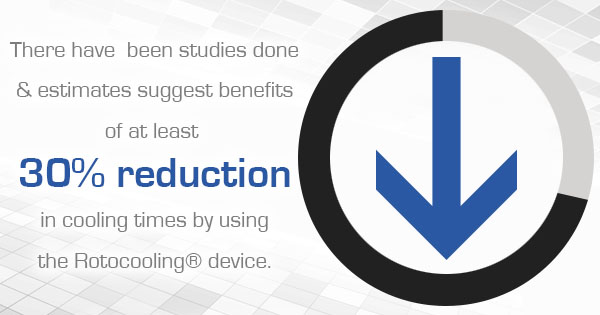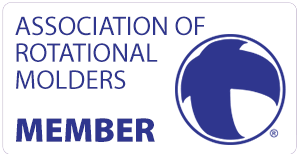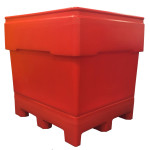Queen’s University Belfast Develops Innovative Rotocooler for More Efficient Production

The world of custom rotational molding is still a relatively new industry, but it continues to grow and evolve at a rapid pace. For example, fabricated sheet metal tooling is typically used on large, simple designs that can be made in six to eight weeks. Over 3,000 pieces can be a made a year, depending on complexity and wall thickness, with just a single tool.
According to the rotational molding news source RotoWorldMag.com, one of the most recent developments in the industry though has come from the world of academia. Most plastic molding manufacturers are familiar with Queen’s University, Belfast in Ireland for the research and work they’ve contributed to the rotomolding field. After more than 10 years working on their latest project, the Rotocooler® Device, the university finalized a License Agreement with the German company Maus GmbH.
This new piece of technology will hopefully be available for use by plastic molding manufacturers, like Fibertech, to speed up the custom roto molding process and make it overall more efficient. The long cycle times required in the rotomolding process have long been the ire of both critics and industry insides looking to improve.
This new Rotocooling® device would allow product cooling to be done at a much more rapid rate without the fear of damaging the integrity of the piece in question. Up until now plastic molding manufacturers have used primarily external forced air cooling techniques, which can lead to problems with warping of the materials.
As the RotoWorldMag piece points out, there have already been studies done and estimates suggest benefits of at least 30% reduction in cooling times by using this device.
“Further optimization of internal water spray cooling then enables the use of more ‘heavy’ external water cooling further balancing the internal and external cooling rates and significantly reducing cycle times,” the researchers explain. “Whilst faster, controlled cooling can actually improve mechanical properties of polyethylene rotomolded parts, it is always recommended to check properties of the part after any modification or deviation from the conventional heating/cooling cycle.”







